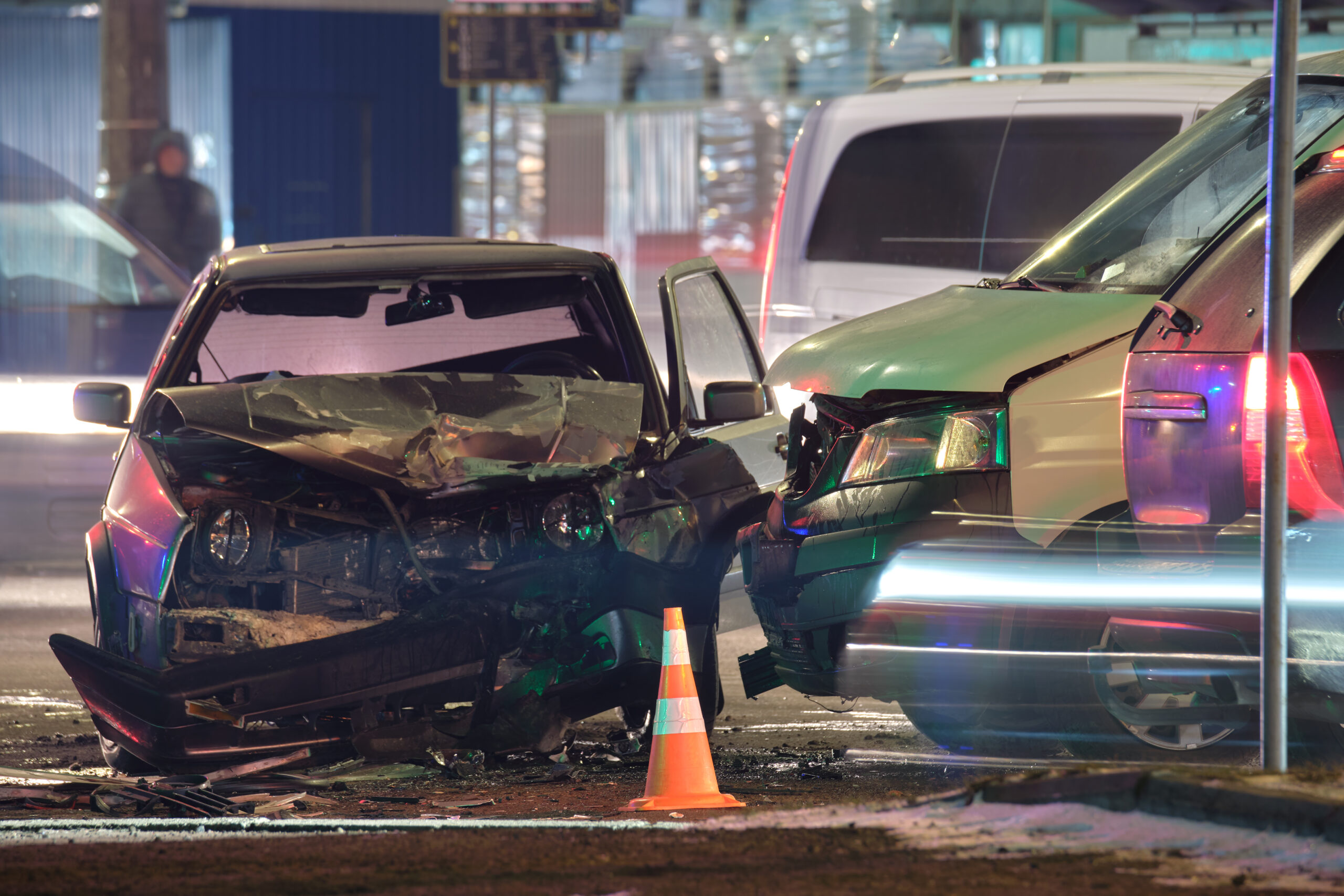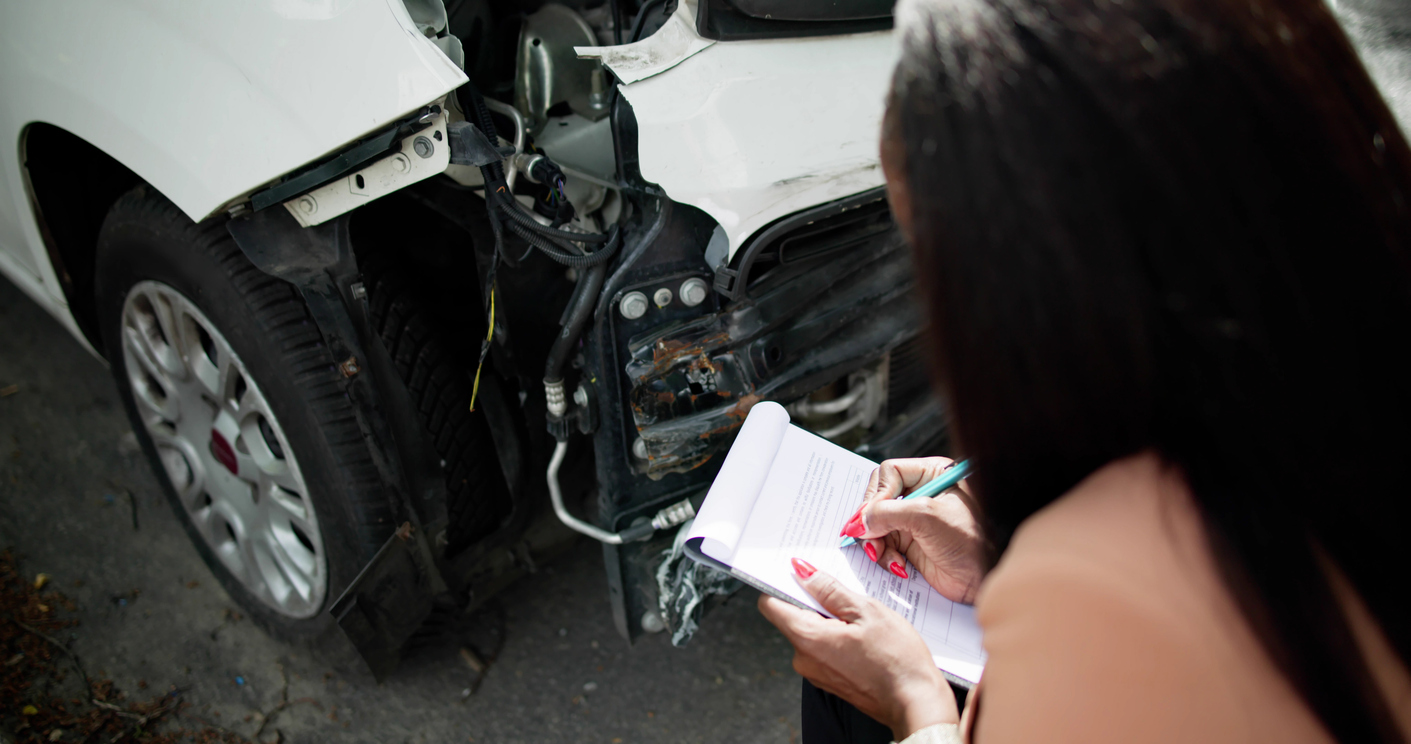What Is Vehicular Homicide in Ohio?
The term “vehicular homicide” is used to describe an offense in which someone causes the death of another person with a vehicle. Ohio has three main categories of vehicular homicide, as stated in the Ohio Revised Code Section 2903.06:
- Vehicular manslaughter: This charge applies when a person commits a minor misdemeanor traffic offense and causes the death of another person. It is typically classified as a second-degree misdemeanor.
- Vehicular homicide: A person who negligently, or as the proximate result of speeding in a construction zone or committing another non-minor traffic offense, causes the death of a person may face charges of vehicular homicide. This crime may be classified as a first-degree misdemeanor or a fourth-degree felony.
- Aggravated vehicular homicide: This is the most serious vehicular homicide offense. Aggravating factors include reckless driving or operating a vehicle under the influence of alcohol or drugs (OVI). Aggravated vehicular homicide may be classified as a first-degree, second-degree, or third-degree felony, with mandatory minimum prison terms.
What Are the Penalties for Vehicular Homicide?
Upon conviction, vehicular homicide charges can carry heavy penalties, as follows:
- Vehicular manslaughter: Charged as a second-degree misdemeanor, this offense carries up to 90 days in jail, a fine of up to $750, and possible driver’s license suspension for up to one year.
- Vehicular homicide: When charged as a first-degree misdemeanor, vehicular homicide is punishable by up to 180 days in jail, a fine of up to $1,000, and driver’s license suspension for one to five years. When charged as a fourth-degree felony, it carries a prison term of six to 18 months, fines of up to $5,000, and mandatory driver’s license suspension for one to five years.
- Aggravated vehicular homicide: The severity of penalties for this offense depends on the degree of felony. When charged as a third-degree felony, it carries a prison sentence of nine months to five years, fines of up to $10,000, and mandatory driver’s license suspension for three years to life. As a second-degree felony, it is punishable by two to eight years in prison, fines of up to $15,000, and mandatory driver’s license suspension for three years to life. As a first-degree felony, it carries three to 11 years in prison, fines of up to $20,000, and a mandatory lifetime driver’s license suspension.
What Are the Legal Defenses Against Vehicular Homicide Charges?
Defending against vehicular homicide charges requires a thorough understanding of Ohio traffic regulations, criminal law, and the case’s unique facts. The following defense strategies are commonly used to fight these charges:
Challenging Causation
A key element in vehicular homicide cases is establishing that the actions of the defendant were the direct cause of the victim’s death. The defense may be able to challenge causation by presenting evidence that death resulted from other factors unrelated to the defendant’s conduct. For example, the defendant may have had a preexisting medical condition, or the actions of another driver may have caused the death.
Challenging the Accuracy of Alcohol or Drug Tests
In cases that involve operating under the influence (OVI), the prosecution typically relies on evidence of the defendant’s blood alcohol content (BAC) or the presence of drugs in the defendant’s system at the time of the accident. The reliability and accuracy of drug or alcohol tests may be challenged in several ways, including the following:
- Improper testing procedures: If the police fail to follow strict protocols for testing, as required by state law, the results may be inadmissible in court.
- Chain of custody or contamination issues: If blood or urine samples were mishandled or not correctly preserved, the defense may argue that a break in the chain of custody or contamination of a sample raises doubt about the accuracy and validity of the results.
- Medical condition: Acid reflux, diabetes, and certain other medical conditions can cause artificially elevated BAC levels. The defense may present evidence that the defendant’s medical condition affected the test results, rendering them unreliable.
Disputing Negligence or Recklessness
To convict a person of vehicular homicide or aggravated vehicular homicide, the prosecution must prove that the defendant acted negligently or recklessly. Negligence involves failure to exercise reasonable care, while recklessness may involve conscious disregard for the safety of others. The defense may argue that the defendant’s actions do not rise to the level of negligence or recklessness required to support the charge.
For example, when it can be proven that the defendant was driving at a reasonable speed and obeying traffic laws, the defense may argue that the fatal accident was a tragic, unintentional event and not the result of reckless or negligent behavior. If the defendant acted in response to an emergency or unavoidable circumstance, such as swerving to avoid an obstacle, this could undermine the prosecution’s argument of recklessness or negligence.
Questioning Police Procedures
Police and law enforcement officers must follow proper procedures in investigating or arresting a suspect. The defense may scrutinize the actions of the police in a vehicular homicide case to determine whether any constitutional violations occurred. The following are common procedural issues:
- Unlawful traffic stop: The stop may have been unlawful if police did not have reasonable suspicion or probable cause to stop the defendant’s vehicle. Evidence obtained at an illegal traffic stop may be suppressed and excluded from the trial.
- Failure to read Miranda rights: If police officers fail to inform the defendant of his or her Miranda rights (right to remain silent and the right to an attorney) before conducting an interrogation, any statements made by the defendant may be deemed inadmissible.
- Improper evidence collection: If police failed to obtain a proper warrant or violated the defendant’s Fourth Amendment rights during a vehicle search, the defense may challenge the admissibility of the evidence.
Our Ohio criminal defense attorneys at Watson Kuhlman, LLC have years of experience defending clients against a wide range of criminal charges, from misdemeanors to serious felonies. If you are facing vehicular homicide charges, contact us at 216-208-7858.


 Email Us Now
Email Us Now







